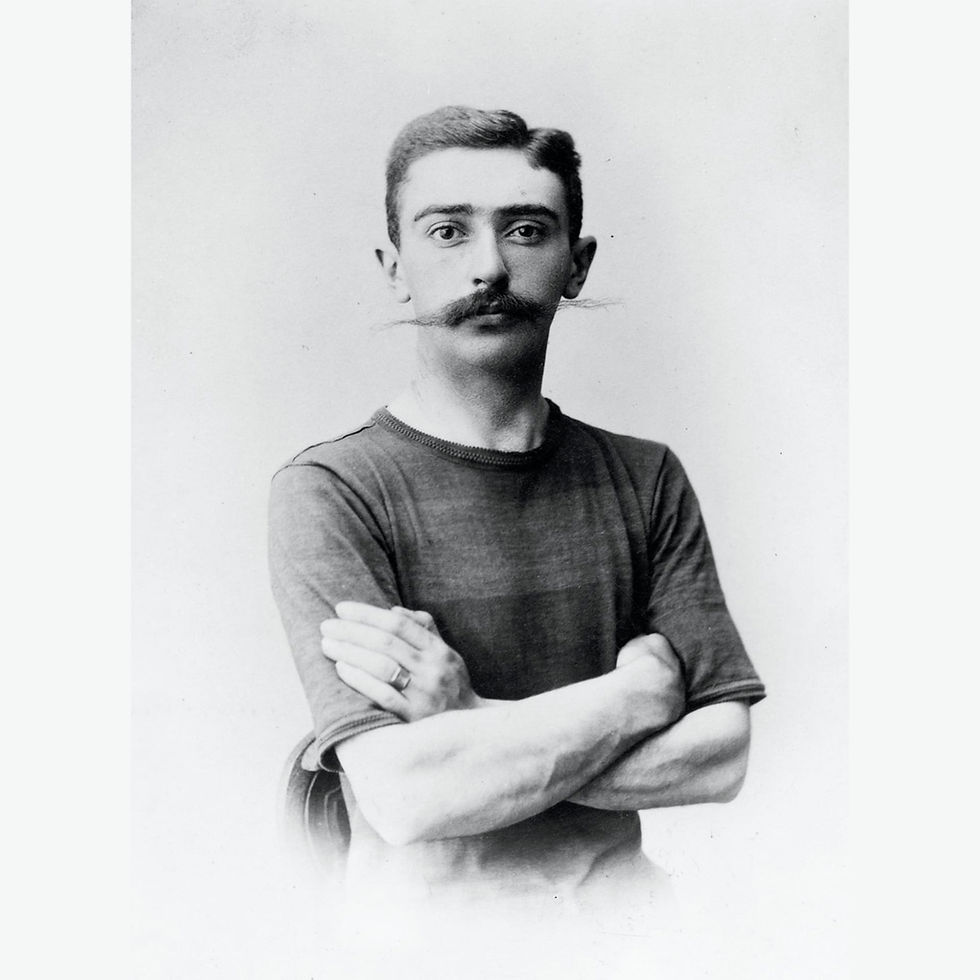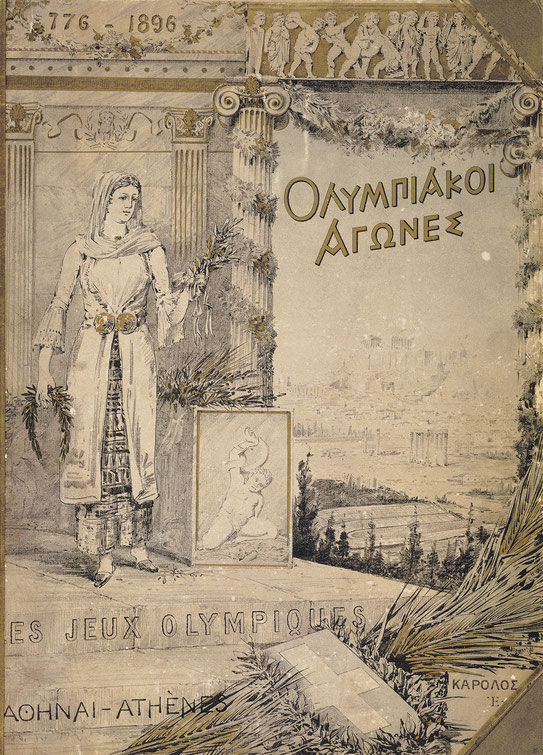Reigniting the Flame: How A French Baron Sparked the Modern Olympic Games
- insidetherings
- Jun 2
- 3 min read
Updated: Jun 3
When the Olympic Games returned in 1896 after a 1,500-year hiatus, it wasn’t Zeus who made it happen. It was Pierre.

Pierre de Coubertin, to be exact—a curious, energetic Frenchman with a handlebar mustache and a world-changing idea. He wasn’t an athlete, a politician, or even a particularly good student. But he believed that sport could transform lives, heal nations, and unite the world. And against all odds, he brought the Olympics back to life.
From Defeat to Dream
Coubertin was born in 1863, a few years before France’s crushing defeat in the Franco-Prussian War. That loss haunted the French psyche—and young Pierre took it personally. But rather than dwell on politics or military reform, he turned his attention to something no one was expecting: education.
Specifically, physical education.
He believed that the French schooling system was too rigid, too focused on rote learning, and completely lacking in the physical training that built character. He became fascinated with English schools like Rugby (yes, it's a school), where sport wasn’t just tolerated—it was revered as a training ground for life. Games like rugby and rowing weren’t just entertainment; they were moral education in motion.
Sport, Coubertin believed, taught resilience, discipline, teamwork, and respect—qualities France desperately needed.
Enter: The Ancient Greeks
While researching physical education, Coubertin stumbled onto the ancient Olympic Games. To him, they weren’t just a series of athletic contests—they were a philosophy. A harmony of body, mind, and spirit. A celebration of peaceful competition. A gathering of diverse peoples under a shared ideal.
And that’s when the lightbulb went off.
What if the Olympics could come back—not as a quirky historical reenactment, but as a modern, global event? What if athletes from different nations competed not in war, but in sport?
Wild idea, right?
Pitching the Impossible
In 1892, Coubertin pitched his Olympic revival idea at a conference in Paris. The audience gave him polite applause—then promptly forgot about it. Undeterred, he spent the next two years building support from schools, sports federations, and international contacts.
By 1894, he had founded the International Olympic Committee (IOC), and the first modern Olympic Games were set for Athens in 1896. It was both a nod to history and a bold new beginning.
Athens 1896: Let the Games Begin

The inaugural modern Games were modest by today’s standards: 241 athletes from 14 nations, competing in 43 events.
But the symbolism was massive. The Panathenaic Stadium, rebuilt from ancient marble, was packed with 60,000 cheering spectators.
Marathon runners traced the legendary route of Pheidippides. Gymnasts, fencers, swimmers, and cyclists competed not for money, but for honor. And the spirit of friendly competition—Coubertin’s dream—was very much alive.
He’d done it. The flame was lit.
Sport as a Moral Compass
To Coubertin, the Olympics weren’t just about winning medals. They were about striving. His favorite quote—now immortalized in Olympic lore—was:
“The important thing in life is not the triumph, but the struggle; the essential thing is not to have conquered, but to have fought well.”
That spirit lives on in every underdog, every athlete who finishes last but never gives up.
He also introduced the Olympic motto: Citius, Altius, Fortius—Faster, Higher, Stronger. Three words that captured his hope for human potential.
Coubertin even envisioned the Games as a cultural festival, with art, music, and literature alongside athletics. (Between 1912 and 1948, Olympic medals were awarded for painting, sculpture, architecture, and poetry!)
Not Without Flaws
Of course, Coubertin’s vision had its blind spots. He infamously opposed women’s participation in the Games, calling female athletes “impractical” and “unaesthetic.” Thankfully, the Olympic Movement has grown far beyond those outdated views—welcoming women’s events in every sport today, from weightlifting to wrestling.
Still, Coubertin’s core belief—that sport can build bridges and foster peace—remains central to the Olympic ideal.
From Idea to Institution
From those 241 athletes in 1896, the Olympics have grown into the largest sporting event on Earth. Today, more than 200 nations participate, and billions tune in. The Games have become a stage for athletic excellence, cultural exchange, and yes, sometimes political protest. But at their best, they still carry the spark of Coubertin’s vision: a celebration of our shared humanity.
Coubertin died in 1937, but his heart—literally—was buried in Olympia, Greece. A fitting tribute to the man who rekindled the flame.
So the next time you watch the Olympics, remember: they began with a dreamer who believed sport could change the world. And then set out to prove it.


Comments